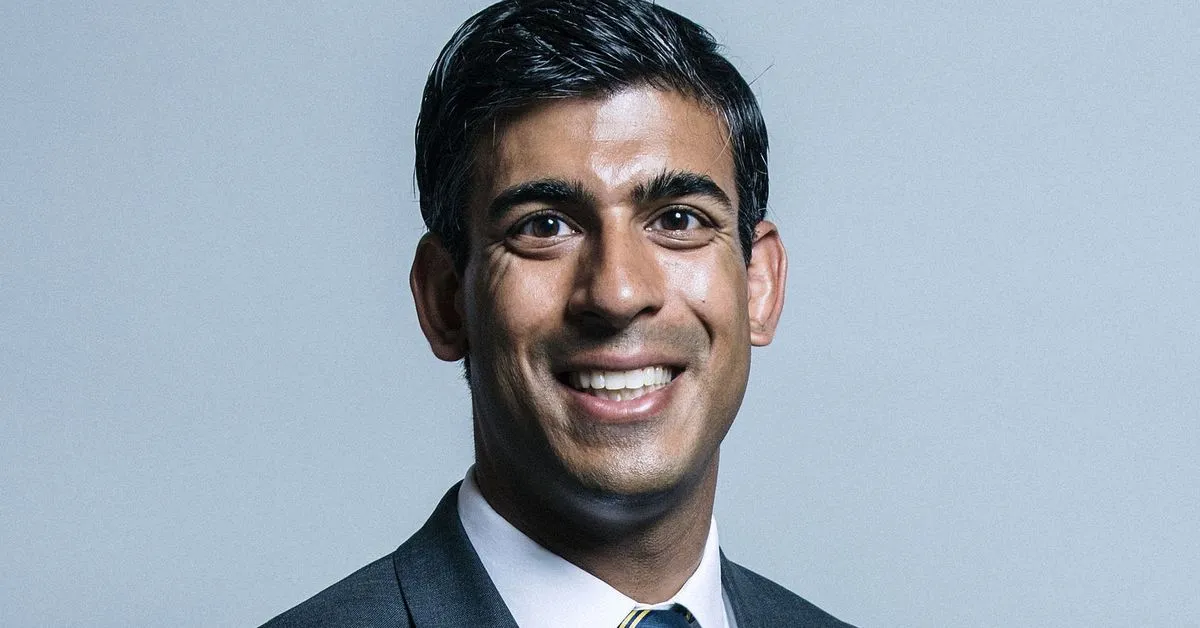London is embracing the future of finance by positioning itself to become a global crypto hub. The city’s efforts have been rewarded with venture-capital giant Andreessen Horowitz (a16z) choosing it as the home of its first office outside the U.S. London is already a global hub for trading of liquid assets, including crypto, due to its extensive traditional finance infrastructure. “This puts London in pole position to serve the world as a hub for crypto, as businesses and institutions seek trusted and reliable trading partners,” said Nick Philpott, co-founder of institutional crypto trader Zodia Markets.
The city offers connectivity to international markets, which brings with it a wide range of sources of investment, from venture capitalists to angel investors. Chris Dixon, founder of a16z’s crypto division, cited the U.K.’s “predictable business environment,” as one of the factors behind its decision to open an office there. London is also home to some of the world’s most esteemed educational institutions which help to feed top-class talent into the city’s startup scene. “We are hiring,” said James Butterfill, head of strategy for CoinShares, “and are finding many European potential employees are keen to move to London as they consider it the fintech hub of Europe.”
The U.K. also has a healthy grassroots adoption rate of crypto, with YouGov estimating that around 10% of the adult population have bought cryptocurrency as of January 2021. Blockchain analytics firm Chainalysis placed the U.K. in the top 20 countries for crypto adoption. Prime Minister Rishi Sunak has made his desire to turn the U.K. into a crypto hub well known, but the window to turn aspiration into reality may be closing with the 2024 election.
The key to London’s continued viability as a crypto hub, however, will hinge on the sort of regulatory environment that is fostered by its lawmakers. Local crypto startup founders are watching closely. Having left the European Union in January 2020, the country should have the freedom to offer greater flexibility to create a helpful environment for digital assets and blockchain technology.
